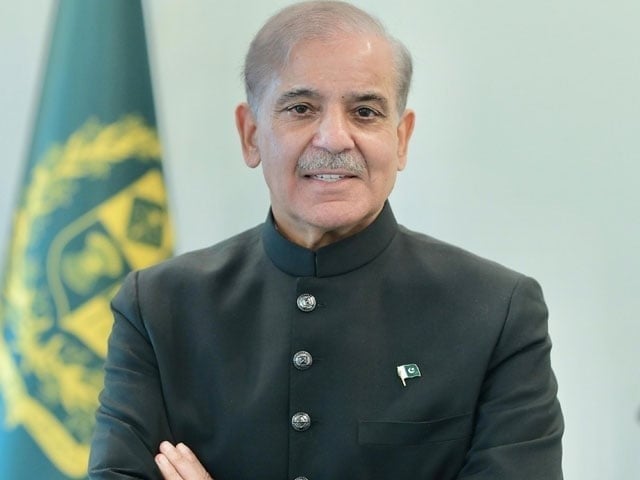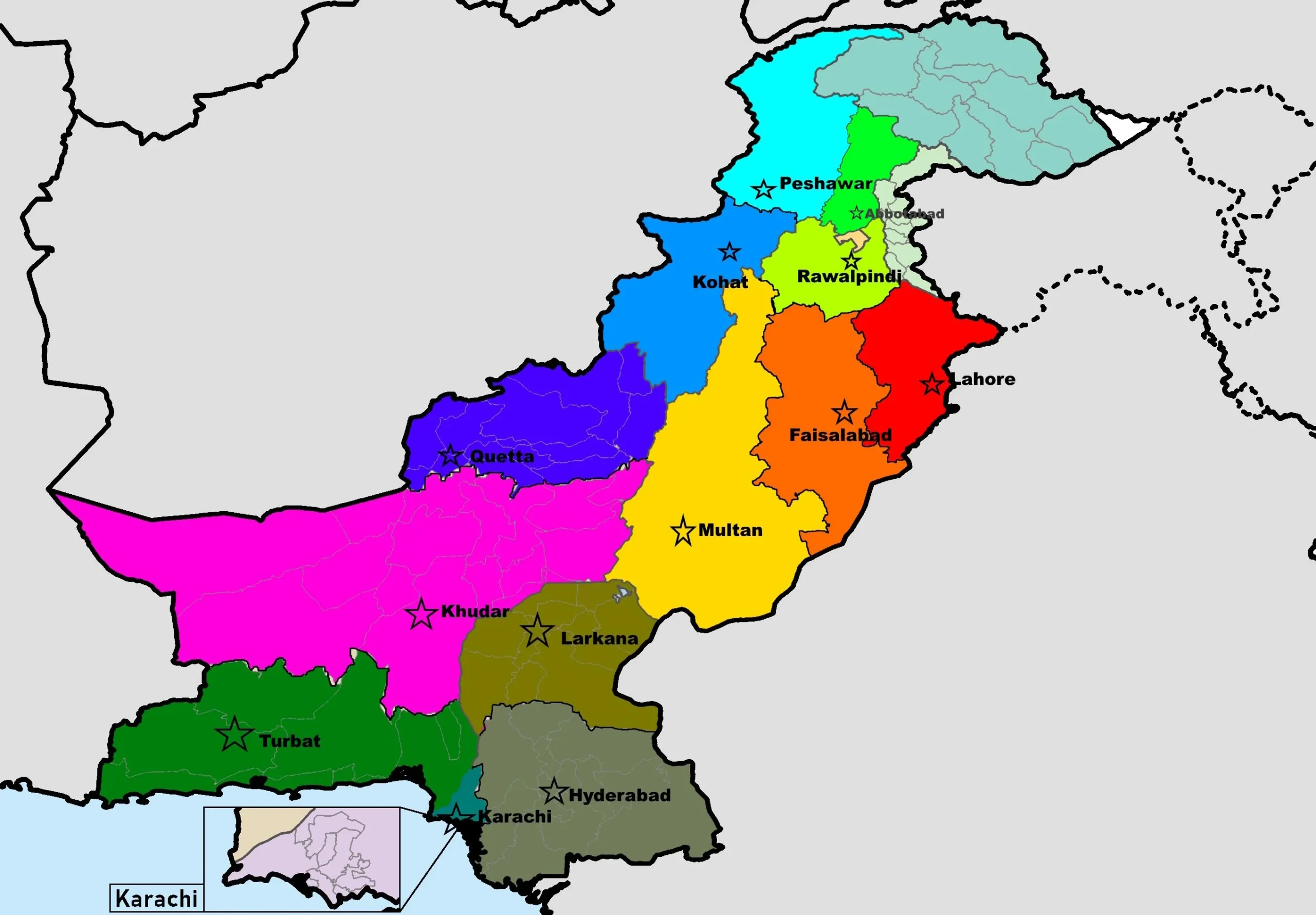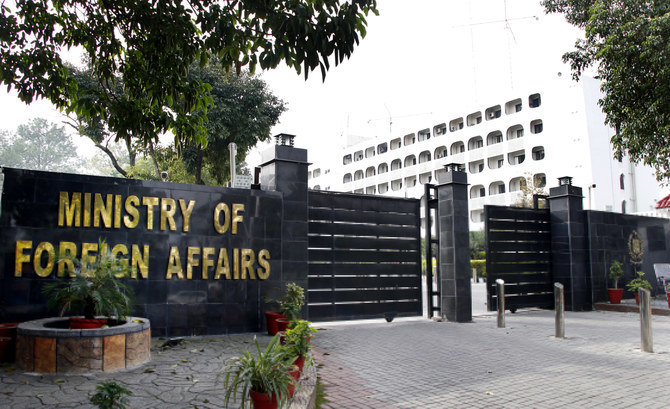In a move to reset strained ties and strengthen regional collaboration, Pakistan’s Deputy Prime Minister and Foreign Minister, Ishaq Dar, is on his first official visit to Kabul. Leading a high-level delegation, Dar met top Afghan interim government officials to discuss security, trade, and bilateral cooperation.
Invited by Afghanistan’s Acting Foreign Minister Amir Khan Muttaqi, Dar’s delegation includes Pakistan’s Special Representative for Afghanistan Ambassador Sadiq Khan, SAPM Tariq Bajwa, and federal secretaries from commerce, railways, and interior, along with other senior officials.
During meetings with Afghan leaders—including Interim Prime Minister Mullah Muhammad Hassan Akhund and Deputy Prime Minister for Administrative Affairs Mullah Abdul Salam Hanafi—Dar emphasized the importance of maintaining a strong, peaceful relationship between the two neighboring nations. Discussions revolved around mutual concerns such as border security, trade, regional connectivity, and cooperation in counterterrorism efforts.
Despite recent tensions, particularly surrounding cross-border security incidents and deportation policies, both sides agreed to keep communication channels open and continue dialogue in a constructive environment. The aim, they said, is to focus on shared goals like economic progress and regional peace.
Speaking to the media before his departure from Noor Khan Airbase, Dar highlighted Pakistan’s historical ties with Afghanistan. “We are not just neighbors; we are like brothers,” he said, while acknowledging that the relationship had suffered in recent years due to legitimate security concerns.
Dar expressed optimism about the untapped trade potential between the two countries, particularly in transit and rail connectivity to Central Asia. He pointed out the need for Afghanistan to establish dedicated railway infrastructure to fully benefit from regional trade opportunities.
“Economic cooperation is essential for the prosperity of both nations,” Dar said. “This visit is about rebuilding trust and finding ways to work together for the good of our people.”
His visit comes at a sensitive time, with both nations seeking to balance domestic priorities with the broader goal of regional stability. Further high-level meetings are expected to focus on long-term cooperation strategies across security, commerce, and connectivity.
















